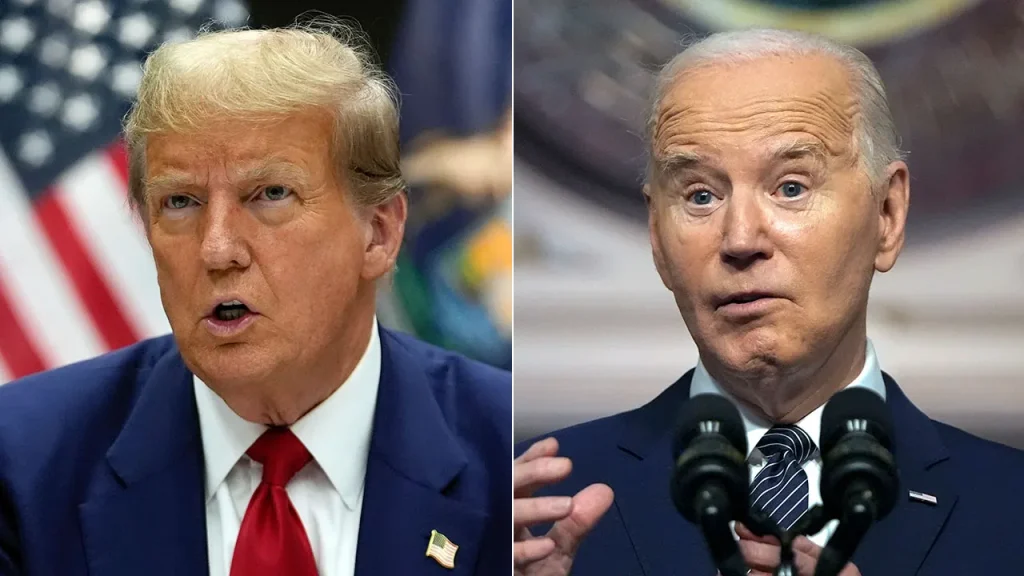In a significant move, a leading House Republican has introduced a resolution to formally challenge the Biden administration’s gun control policies. House Small Business Committee Chair Roger Williams, a Republican from Texas, is spearheading this initiative, which aligns with the broader conservative push to reaffirm Second Amendment rights amid ongoing debates on firearm regulations. Supported by over a dozen fellow Republicans, the resolution not only criticizes the previous administration’s stance on gun control but also commends the current administration’s efforts to safeguard constitutional freedoms regarding gun ownership.
| Article Subheadings |
|---|
| 1) Overview of the Resolution |
| 2) Legislative Support and Impact |
| 3) Response from Gun Rights Advocates |
| 4) Historical Context of Gun Control Measures |
| 5) Conclusion and Future Implications |
Overview of the Resolution
The resolution introduced by Roger Williams serves as a formal condemnation of the gun control policies established during the Biden administration. Williams emphasized that the Biden administration, along with “radical leftists,” has gone to extraordinary lengths to restrict the rights of law-abiding gun owners. The resolution aims to reaffirm congressional support for the Second Amendment while highlighting positive actions taken under President Donald Trump‘s administration to protect American gun owners. This bipartisan situation reflects the ongoing tensions in legislations surrounding gun rights.
Legislative Support and Impact
Backing the resolution, at least 14 other House Republicans have joined Williams, signaling a strong united front regarding Second Amendment rights within the party. The resolution’s introduction capitalizes on Second Amendment Day, a designated day for recognizing and advocating for the rights granted under the U.S. Constitution. This tactical timing not only raises awareness but also seeks to unify pro-gun supporters against restrictive measures that have been perceived as infringing on their rights. The resolution is poised to contribute to the ongoing national debate surrounding gun control policy.
Response from Gun Rights Advocates
Gun rights advocates, including organizations like the National Rifle Association (NRA), have lauded the resolution’s introduction. The NRA’s support indicates a significant alignment with Republican efforts to challenge strict gun regulations instated in recent years. According to reports, the NRA asserted that the resolution disapproves of the Biden administration’s agenda harmful to the lawful gun industry, reinforcing their stance that such regulations often target law-abiding citizens rather than addressing criminal actions. The resolution’s introduction is perceived as a strategic push to counter what many advocates view as years of gradual erosion of gun rights.
Historical Context of Gun Control Measures
The current resolution emerged from a backdrop of heated discussions surrounding gun control, particularly amplified during and after the Biden administration. Under President Joe Biden, various measures were implemented purportedly aimed at curbing gun violence, including the Bureau of Alcohol, Tobacco, and Firearms and Explosives (ATF) zero-tolerance policy for firearms dealers who violate the law. However, critics argue that such measures often proved excessively burdensome for compliant businesses. Williams’ resolution underscores the historical pushback against previous administrations perceived encroachments on Second Amendment rights, ranging from the 1994 assault weapons ban to modern regulatory efforts criticized for targeting compliant citizens instead of criminal enterprises.
Conclusion and Future Implications
The introduction of this resolution not only signals an immediate challenge to existing gun control measures but also sets the stage for an intensified legislative battle over gun rights. As political tensions escalate, the future of gun legislation in America could hinge on the outcomes of the upcoming congressional sessions, particularly as Republicans seek to reinforce Second Amendment protections ahead of the next election cycle. Close attention will be given to how Democrats respond and the potential ramifications for future legislative initiatives that focus on public safety and gun ownership rights.
| No. | Key Points |
|---|---|
| 1 | A resolution by House Republicans aims to challenge the Biden administration’s gun control policies. |
| 2 | Over a dozen Republican representatives support the resolution, emphasizing Second Amendment rights. |
| 3 | The resolution coincides with Second Amendment Day, marking a strategic political move. |
| 4 | Gun rights groups are backing the resolution, claiming it seeks to protect lawful gun ownership. |
| 5 | The resolution could influence future debates on gun legislation as political dynamics shift. |
Summary
The resolution introduced by Roger Williams represents a pivotal moment in the ongoing discourse surrounding gun rights in America. With a clear stance against the Biden administration’s policies, the initiative aims to bolster support for the Second Amendment and challenge perceived overreach in gun control measures. As supporters rally behind this legislative effort, the implications for future gun policy discussions could be substantial, potentially leading to a reinvigoration of pro-gun legislation at the federal level.
Frequently Asked Questions
Question: What is the purpose of the resolution introduced by Roger Williams?
The resolution aims to formally challenge the gun control policies of the Biden administration while reaffirming congressional support for the Second Amendment, promoting actions taken to protect constitutional freedoms related to gun ownership.
Question: Who is supporting the resolution?
The resolution is backed by over 14 other House Republicans and the National Rifle Association (NRA), indicating a widespread alignment among conservatives on gun rights issues.
Question: What are some historical examples of gun control measures in the U.S.?
Historical examples include the 1994 assault weapons ban and various regulatory measures enacted under different administrations aimed at regulating firearm sales and ownership, often criticized for disproportionately affecting law-abiding citizens.


